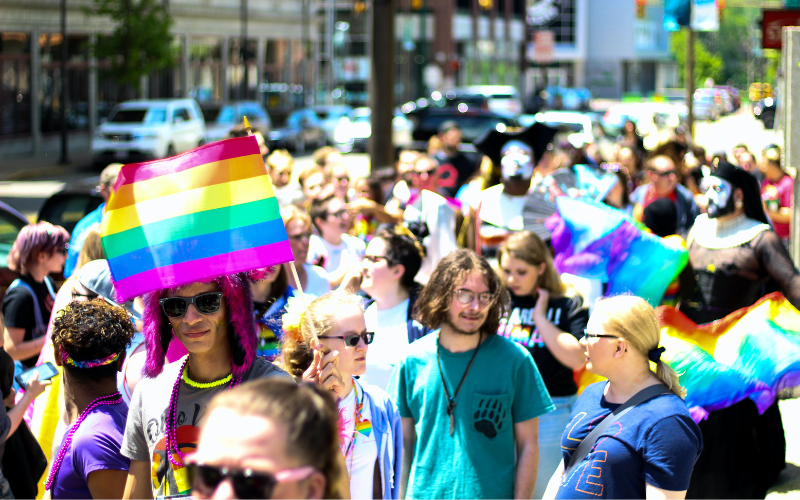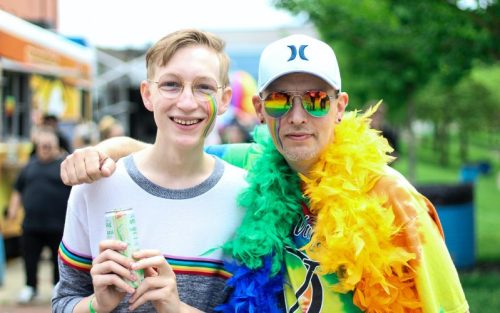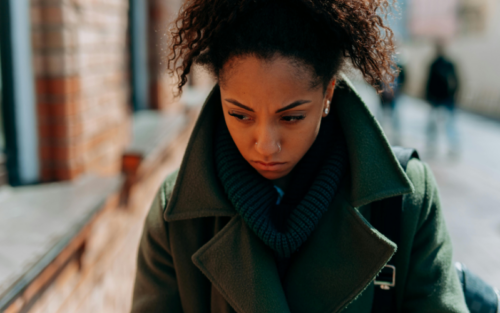
The International Day Against Homophobia, Transphobia, and Biphobia (IDAHOTB) takes place each year on May 17th. The origins of IDAHOTB can be traced back to the World Health Organisation‘s decision in 1990 to declassify homosexuality as a mental disorder. This milestone prompted various LGBTQ+ activists to advocate for a day dedicated to raising awareness about the discrimination faced by LGBTQ+ individuals worldwide. Finally, in 2004, IDAHOTB was officially established and it was first celebrated in 2005 after a year-long campaign around the concept. 24,000 individuals as well as organisations such as the International Lesbian and Gay Association (ILGA) signed an appeal to support the ‘IDAHO initiative’. In the UK, the campaign was coordinated by the Gay and Lesbian Humanist Association (GALHA). Since its launch in 2004, it has grown into a globally recognised day of solidarity and activism.
Why is IDAHOTB Important?
The significance of IDAHOTB lies in its mission to promote tolerance, acceptance, and understanding of the LGBTQ+ community, while also highlighting the ongoing challenges they face in terms of discrimination, violence, and inequality. The day serves as a reminder of the need for continued efforts to combat homophobia, transphobia, and biphobia in all forms, whether it’s institutionalized discrimination, societal prejudices, or individual acts of hate. Raising awareness of IDAHOTB is crucial in fostering a more inclusive and accepting society.
Celebrating IDAHOTB in Schools
Supporting the theme of International Day Against Homophobia, Transphobia, and Biphobia (IDAHOTB) in schools involves more than just celebrating the day itself. It requires creating a supportive and inclusive environment for all students throughout the year, across various subjects. Here are our top tips to achieve this:
Inclusive Curriculum: Schools leaders should champion inclusive curricula school-wide to ensure that all students feel represented and to increase empathy and respect for different communities. It’s therefore important to ensure that LGBTQ+ inclusive content is included in the curriculum for all subjects such as PSHE, history, English and science. Whilst there may be some lessons that focus specifically on LGBTQ+ teachings e.g. looking at LGBTQ history month, leaders should be aware of their school ‘narrative’ and ensure that this community is considered and included e.g. case studies and examples to include different types of families.
Diverse Literature: Ensure that the school library and reading lists include books and resources that feature diverse characters and address LGBTQ+ themes. This helps students see themselves reflected in the materials they study and promotes empathy and understanding among all students. Life Lessons have created an RSHE book list to support schools with the task of diversifying their school library content that is available to all of our partner schools. This resource was created for our partner schools, to find out more please contact Lewis@lifelessons.co.uk
Safe Space Initiatives for IDAHOTB
Establish safe spaces within the school where students can discuss LGBTQ+ related issues, seek support, and access resources. Train staff members to be allies and provide them with resources to support LGBTQ+ students effectively.
Inclusive Language and Policies
Implement policies and guidelines that promote inclusive language and practices throughout the school. This includes using gender-neutral language, respecting students’ chosen names and pronouns, and providing access to gender-neutral facilities. All staff should feel confident in their approach to inclusive teaching and language no matter what their subject area.
Addressing Challenging Behaviour
Implement comprehensive anti-bullying policies that specifically address bullying based on sexual orientation, gender identity, and expression. Ensure that all staff feel confident in addressing challenging behaviour in line with the school’s behaviour policy. All staff should be supported to address things such as incidents of discriminatory language and know how to follow up these incidents appropriately. Scripted answers to common questions, phrases and language can be a helpful tool for staff to support them to challenge this behaviour and refer students back to the school’s ethos, values and behaviour policy.
Support Students to Speak Up
Ensure that students feel empowered to report incidents of bullying or discrimination and that appropriate support and interventions are in place. A great way to empower students to report these issues is to ensure that they have the knowledge and the confidence to challenge discriminatory behaviour and language. This is a topic and a skill that can be effectively covered in discussion-based RSHE lessons but also through tutor time and assemblies.
Support Change for IDAHOTB
Whilst it’s important to sanction students for discriminatory behaviour when incidents arise, it’s as important to re-educate these students to prevent this type of behaviour from happening again. Pastoral staff responsible for behaviour should feel confident in how to lead behaviour interventions with individual students. Life Lessons have created a set of behaviour intervention packages to address key themes such as homophobia that centre around reflective conversations and education. It’s important we give young people a space to reflect on their behaviour rather than just sanction and move on.
Training and Professional Development
Offer training sessions and professional development opportunities for teachers and staff members on topics such as LGBTQ+ sensitivity, inclusive classroom practices, inclusive language and creating safe and supportive environments for all students.
Student-Led Initiatives
Encourage student-led clubs, alliances, or support groups focused on promoting LGBTQ+ inclusion and awareness. These groups can organise events, discussions, and awareness campaigns throughout the school year. Aside from these specific initiatives, make sure that this community is represented in existing practices such as mentor programmes and student councils.
Parent and Community Engagement
Foster partnerships with parents, families, and community organisations to support LGBTQ+ inclusion initiatives in the school. Provide resources and information to parents on how they can support their LGBTQ+ children and contribute to creating a welcoming school environment.
By integrating these strategies into the school culture and curriculum, educators can create an environment where all students feel safe, supported, and valued, not only on International Day Against Homophobia, Transphobia, and Biphobia but throughout the entire school year.



